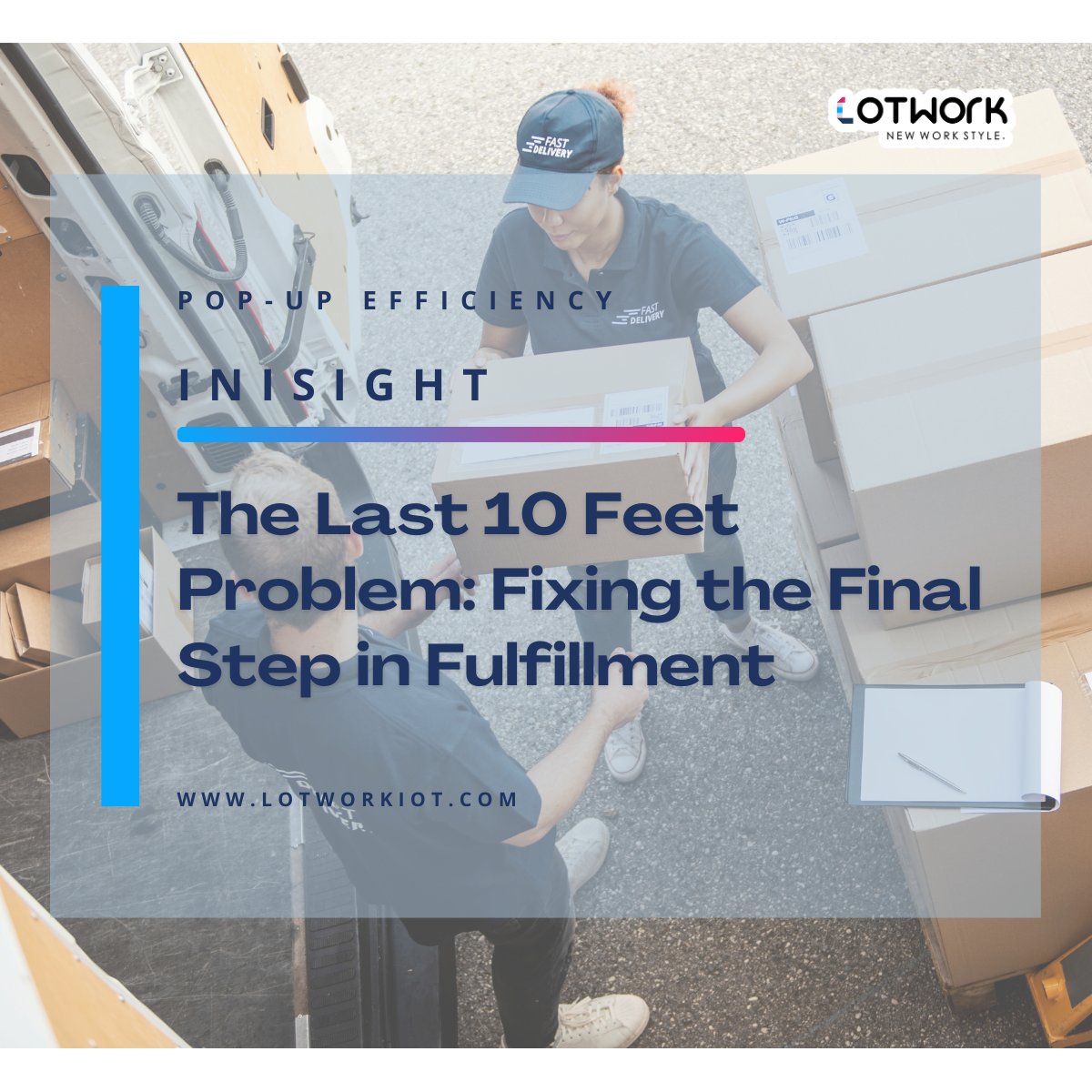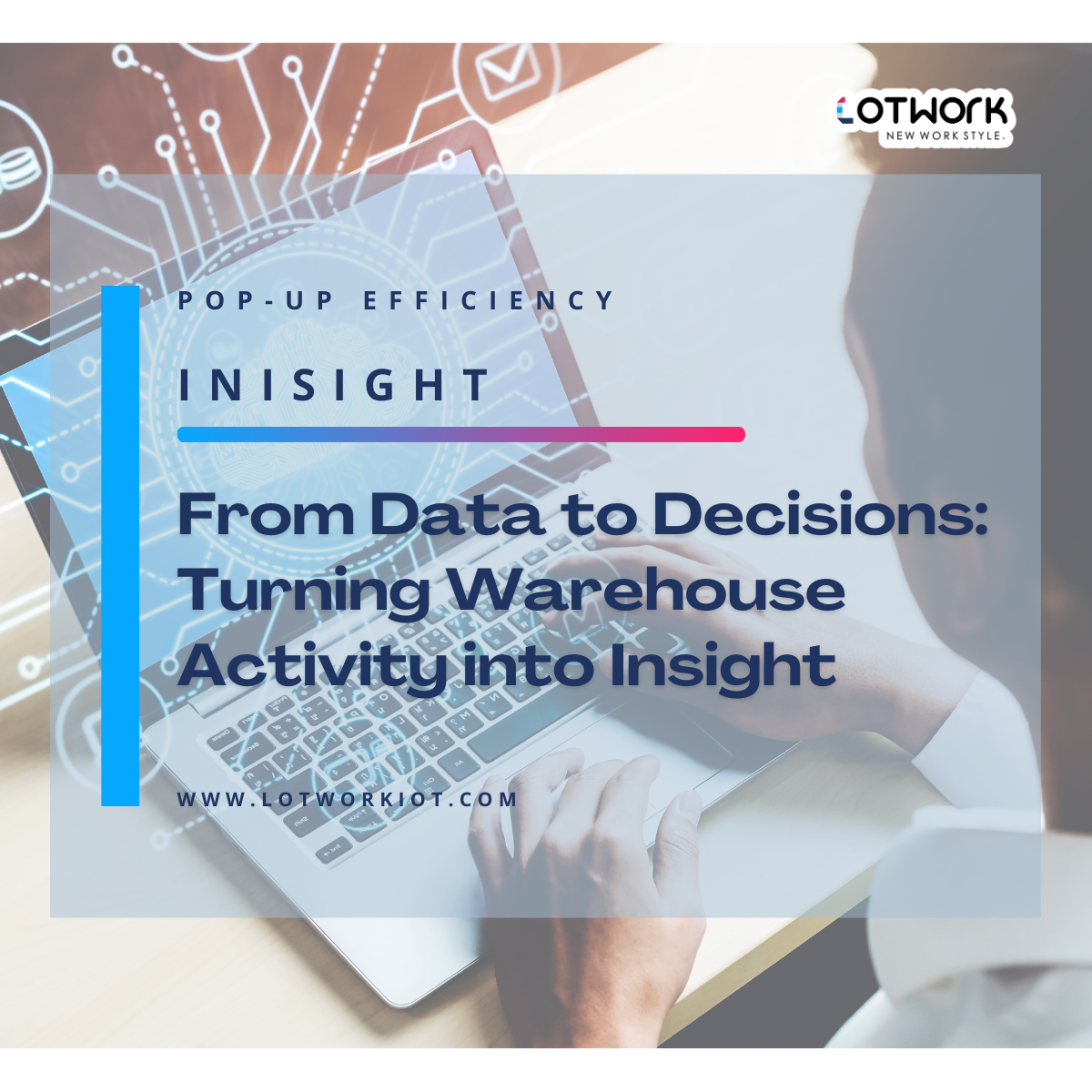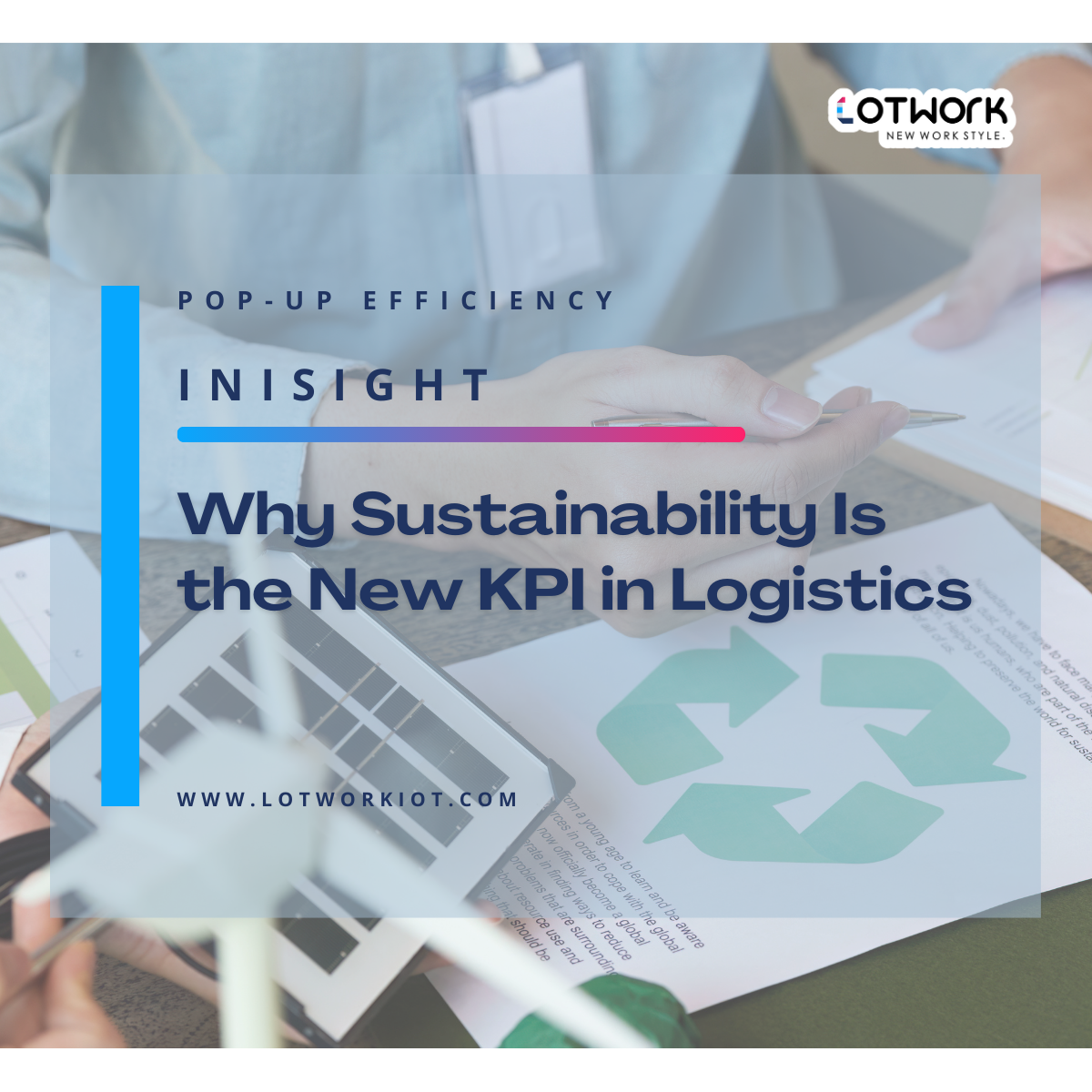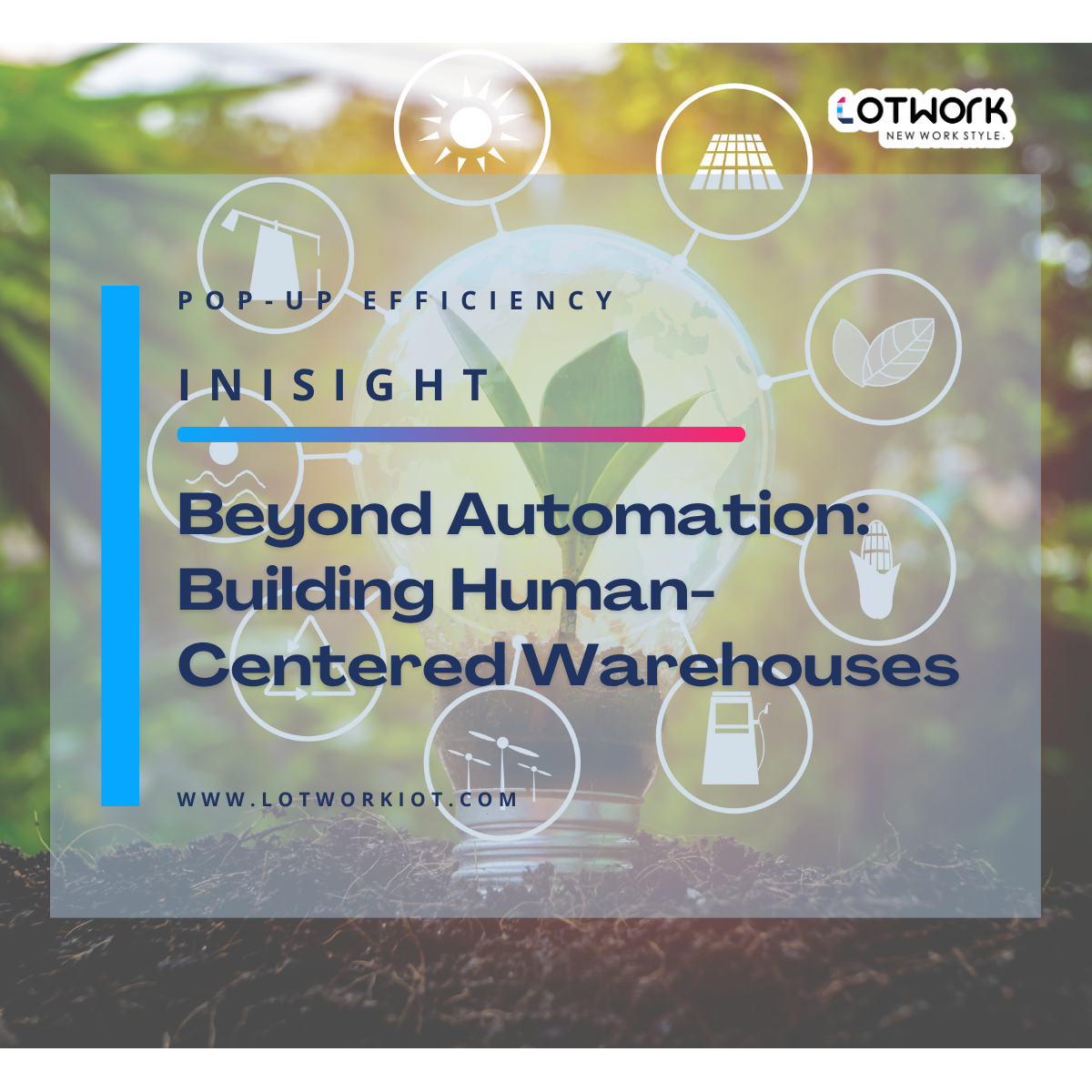Why Last-Mile Delivery Needs A Human-Centric Approach To Technology
September 11, 2024
We at Lotworks and Hyco Technology firmly believe that technological innovation should not be used to automate and replace labor jobs. Instead, it should focus on a human-centric approach that empowers people to work more safely and easily while significantly improving efficiency.
This human-centric approach means that employees can work more safely and comfortably while at the same time achieving significantly higher labor productivity. The end result would increase employee labor output, raising the Gross Domestic Product (GDP) per capita.
For logistics companies, there’s a big opportunity to apply this human-centric approach in last-mile delivery by using the right technology.
To better understand how this can be achieved, we have to break down the actions involved with last-mile delivery to the ones that are essential. Upon examination the process of bringing a package to a customer entails four essential actions:
• loading the vehicle with the right package(s) at the delivery station
• driving to the right customer's location
• retrieving the right package from the vehicle
• bringing the right package to the designated receiving spot.

All other actions or tasks occurring in last-mile delivery are auxiliary and non-essential. Some of these non-essential actions are due to the historical limitations of technology, while others stem from “learned helplessness” and “cognitive inertia” on the part of drivers. In some cases managers and engineers have also added tasks that unnecessarily burden drivers and even undermine their efficiency.
The GoHomeEarly Solution: Human-Centric Technology For Delivery
We believe our GoHomeEarly solution eliminates non-essential actions that are pain points for drivers while simultaneously providing for a human-centric technology deployment that improves productivity. Our solution uses Hyco’s wireless light tags in combination with a wearable computer for the driver. Placed on the packages, the light tags provide visual and sound clues for the driver to quickly locate items in a delivery van. The wearable computer provides verbal guidance for routing and delivery.
Specifically, the GoHomeEarly solution does the following:
• Reduces the current average time for a driver to find each package from 25 to 0 seconds. That’s because drivers no longer need to spend time looking around in the back of the vehicle to locate the package upon arrival. Instead, highlighted tags direct the driver to take the correct package, completely eliminating the time-consuming task of searching for packages.
• Eliminates route backtracking, thereby shortening delivery times. Return trips to a locale get minimized because the wireless light strips illuminate all the bags needed for delivery stops in a particular neighborhood.
• Assists the driver in quickly locating the customer’s address. Having a wearable computer in the truck cab provides the driver with verbal guidance on routing and intended direction. The computer also displays vital information such as a map. Not only does this human-centric technology reduce the time spent on address location, it also lets the driver focus on vehicle operation to improve safety.
• Prevent drivers from multitasking while driving. A wearable computer in the cab eliminates the need for using a smartphone to receive routing or delivery instructions as this device has the capability for voice communication as well as speech recognition. Because the driver no longer has to search for the target address while driving, voice direction significantly reduces safety risks.
Human-Centric Technology For Enhanced Last-Mile Safety and Productivity
While we believe that in some areas, full automation replacing labor is appropriate, such as in highly repetitive, extremely dirty, or extremely dangerous jobs, that level of mechanization is not suited for last-mile delivery in our view. Delivering packages still requires human involvement for driving and package handling and, most of all, making sound judgements when atypical situations arise.
By adopting human-centric technology for last-mile delivery through the use of wireless tags and wearable computers, logistics companies gain the means to boost both worker safety and labor productivity at the same time.











